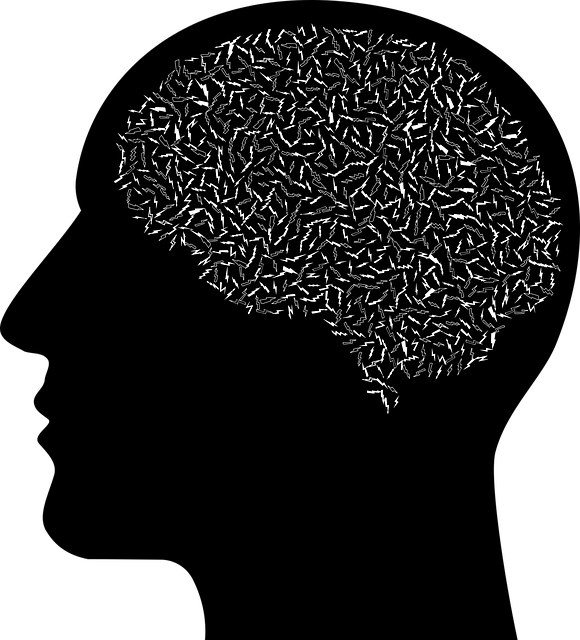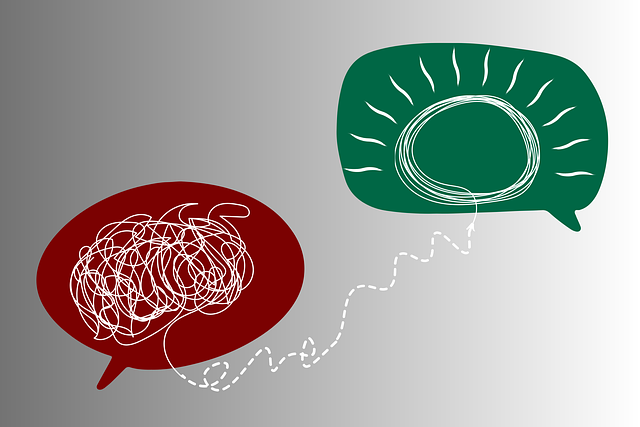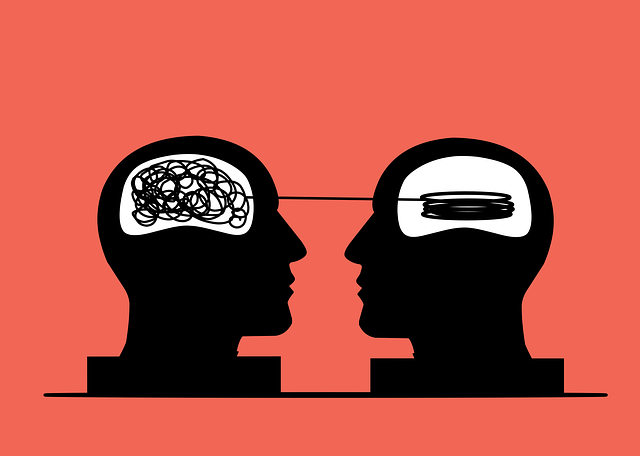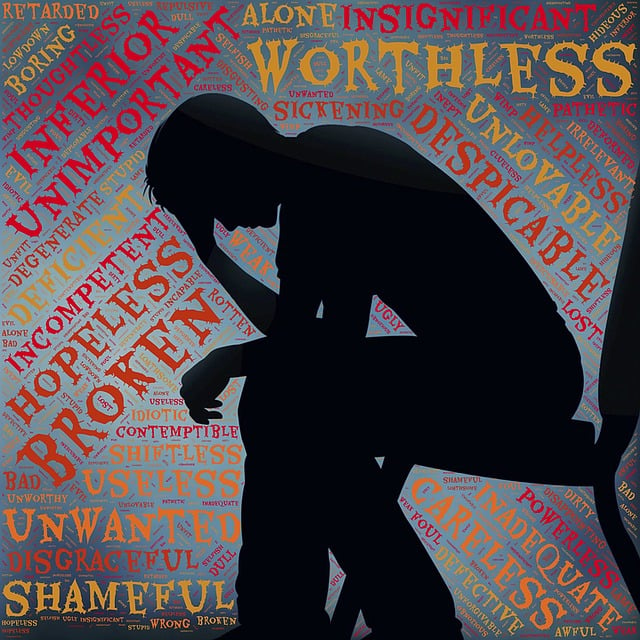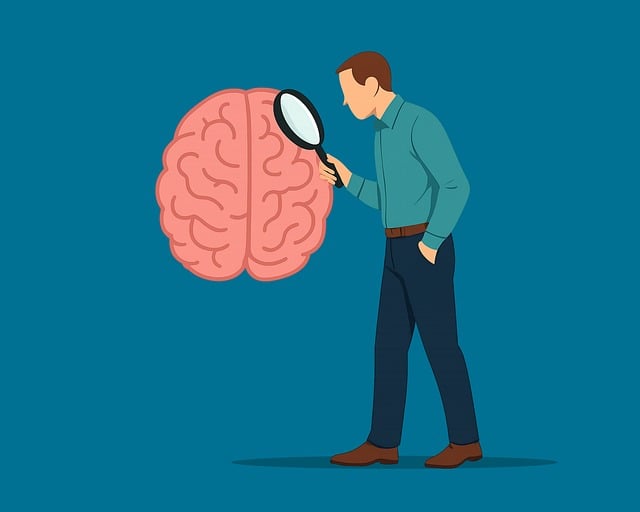Mental Health Crisis Hotlines provide 24/7 support, offering confidential conversations with trained professionals who can guide individuals through anxiety relief, burnout prevention, and more. Boulder Geriatrics Therapy offers specialized crisis services for older adults, focusing on depression, anxiety, and cognitive decline using holistic practices. Their non-judgmental space encourages positive thinking, boosts confidence, and teaches stress management techniques. Accessing these services is straightforward via hotline calls during business hours. Challenges include diverse caller needs and call anonymity barriers; improvements can be made through education programs, tailored geriatric techniques, and policy advocacy. Collaborating with local resources like Boulder Geriatrics Therapy strengthens support networks, offering comprehensive assistance from therapy to wellness programs for a holistic approach to mental wellness.
“In today’s fast-paced world, mental health crises can arise unexpectedly, demanding immediate support. Mental Health Crisis Hotline support services play a pivotal role in providing assistance to individuals facing emotional turmoil. This article explores the crucial role of these lifelines, with a focus on Boulder Geriatrics Therapy’s contribution to crisis intervention. We’ll guide you through accessing these services, highlight common challenges, and emphasize the importance of building a collaborative network, including local resources, for comprehensive support.”
- Understanding Mental Health Crisis Hotlines: A Lifeline for Many
- The Role of Boulder Geriatrics Therapy in Crisis Support
- How to Access These Services: A Step-by-Step Guide
- Common Challenges and Effective Interventions on Hotlines
- Building a Network of Support: Collaborating with Local Resources
Understanding Mental Health Crisis Hotlines: A Lifeline for Many

Mental Health Crisis Hotlines serve as a critical lifeline for individuals experiencing intense emotional distress or a mental health crisis. These 24/7 services provide immediate support, offering confidential conversations with trained professionals who can offer guidance, resources, and a safe space to express feelings. Whether it’s anxiety relief, burnout prevention, or the need for compassion cultivation practices, these hotlines cater to a wide range of concerns.
For those in Boulder Geriatrics Therapy or facing similar challenges, crisis hotlines offer a non-judgmental approach, ensuring individuals feel heard and understood. The professionals who staff these lines are equipped with strategies to help manage acute situations, promote coping mechanisms, and guide users towards long-term wellness solutions. This immediate intervention can be life-saving, providing the support needed to navigate turbulent times until more comprehensive therapy or support systems can be engaged.
The Role of Boulder Geriatrics Therapy in Crisis Support

Boulder Geriatrics Therapy plays a vital role in crisis support services by providing specialized care tailored to the unique needs of older adults. As mental health crises often manifest differently in this demographic, their expert team offers a safe and non-judgmental space for individuals facing challenges like depression, anxiety, or cognitive decline. With an emphasis on holistic well-being, therapists employ evidence-based practices to address not just symptoms but also underlying causes.
This supportive environment fosters positive thinking, boosts confidence, and teaches effective stress management techniques. By integrating these strategies into daily life, clients can enhance their resilience and navigate future crises with greater ease. Boulder Geriatrics Therapy ensures that older adults receive the comprehensive support they need to overcome mental health challenges and lead fulfilling lives.
How to Access These Services: A Step-by-Step Guide

Accessing mental health crisis hotline support services is a straightforward process designed to offer immediate assistance when needed. The first step is to recognize when you or someone else is experiencing a mental health crisis. This could be characterized by intense emotions, persistent thoughts of self-harm, or significant changes in behavior. Once identified, reach out for help promptly.
For those seeking specialized support, Boulder Geriatrics Therapy offers comprehensive services tailored to older adults. You can access their hotline and connect with trained professionals who provide guidance and resources specific to geriatric mental health needs. The process typically involves calling the dedicated number during business hours. A counselor will listen attentively, assess the situation, and offer appropriate solutions. They may recommend individual therapy, group support sessions, or even suggest valuable tools like Mindfulness Meditation and Resilience Building techniques to strengthen coping mechanisms. Additionally, for situations requiring more intensive care, Social Skills Training can be a vital component in addressing specific challenges faced by older adults.
Common Challenges and Effective Interventions on Hotlines

Hotline support services play a pivotal role in addressing mental health crises, offering immediate assistance to individuals in need. However, several challenges hinder their effectiveness. One primary issue is the vast range of caller needs; from crisis intervention to coping skills development, hotlines must cater to diverse mental health concerns, which can be complex and time-consuming to manage. Additionally, the anonymity of phone calls may deter some users from seeking help openly, hindering the delivery of tailored support.
Despite these challenges, effective interventions have proven successful in enhancing hotline service quality. Implementing well-designed Mental Health Education Programs empowers call handlers to provide more nuanced guidance. Incorporating Boulder Geriatrics Therapy techniques can be particularly beneficial for aging populations facing unique mental health challenges. Moreover, integrating Mental Health Policy Analysis and Advocacy ensures that hotline services align with current best practices and community needs, fostering a comprehensive approach to crisis support.
Building a Network of Support: Collaborating with Local Resources

Building a robust network of support is essential when providing mental health crisis hotline services. Collaboration with local resources, such as Boulder Geriatrics Therapy, can significantly enhance care capabilities. By partnering with established healthcare providers and community organizations, hotlines can offer comprehensive assistance tailored to diverse needs. This strategy ensures that individuals facing mental health crises receive the most appropriate support, from specialized geriatric therapy to broader wellness programs.
Such partnerships facilitate the seamless integration of services, fostering a holistic approach to mental wellness. For instance, collaborating with local geriatrics experts enables hotlines to provide targeted advice and treatment plans for older adults. Additionally, these networks can aid in risk management planning for mental health professionals, ensuring they have access to resources for handling complex cases effectively. Inner strength development and promoting mental wellness become more achievable when such strategic alliances are in place.
Mental health crisis hotline support services play a vital role in fostering community well-being, offering immediate assistance and long-term guidance. As highlighted by the expertise of Boulder Geriatrics Therapy, collaborative networks can significantly enhance crisis intervention. By following the step-by-step guide provided, individuals can access these life-saving resources effectively. Understanding common challenges and implementing evidence-based interventions ensures that hotlines remain a powerful tool in navigating mental health crises. Through collective efforts to build robust support systems, we can revolutionize crisis care and promote healthier, more resilient communities.


